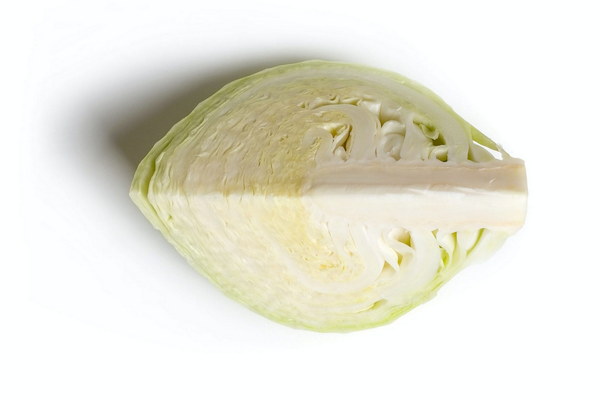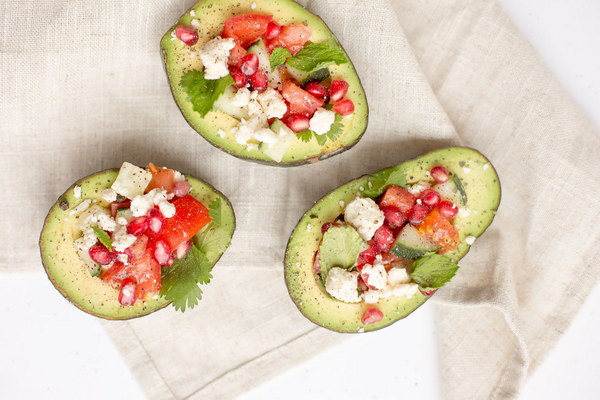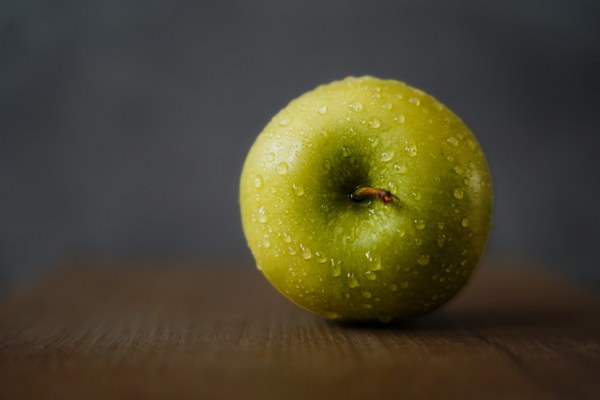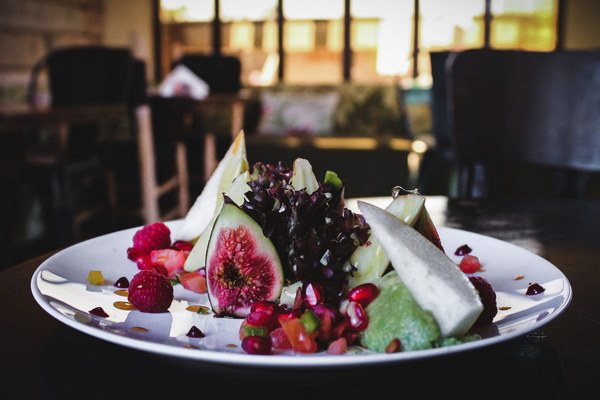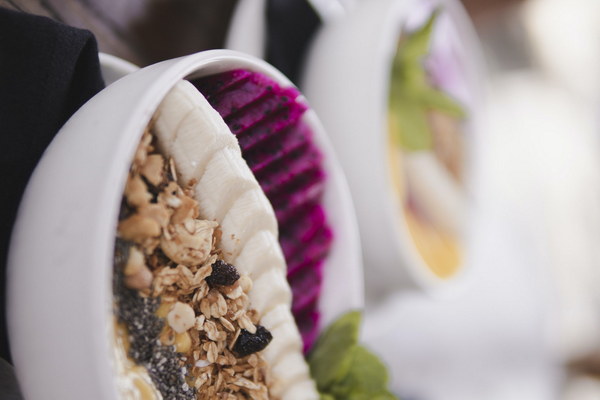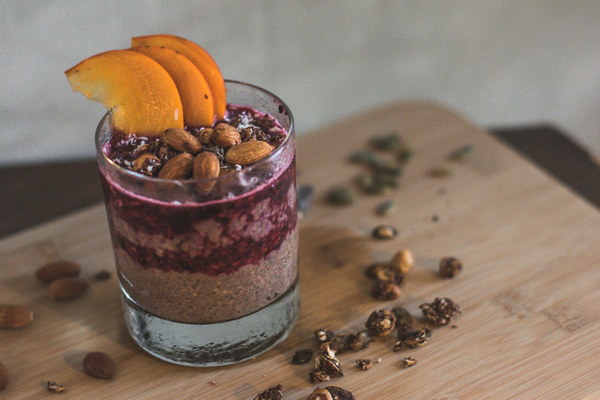Is It Normal to Experience Sticky Stools After Drinking Diuretic Tea
Introduction:
Diuretic tea has become increasingly popular as a natural remedy for various health issues, including the elimination of excess fluid and aiding in digestion. However, some individuals may experience sticky stools after drinking diuretic tea, raising concerns about its effects on their digestive system. In this article, we will explore the reasons behind this phenomenon and provide guidance on what to do if you're experiencing sticky stools after consuming diuretic tea.
Why Do I Have Sticky Stools After Drinking Diuretic Tea?
1. High Fiber Content:
Many diuretic teas contain high levels of fiber, which can contribute to sticky stools. Fiber helps to improve bowel movements and promote regularity; however, in some cases, it may cause an increase in stool stickiness.
2. Excessive Water Intake:
Diuretic tea is designed to encourage fluid loss through increased urine production. As a result, drinking diuretic tea may lead to excessive water intake, which can soften the stool and make it more sticky.
3. Stimulant Ingredients:
Certain diuretic teas contain stimulant ingredients such as caffeine or senna, which can affect the digestive system and lead to sticky stools. These ingredients may cause increased bowel movements, leading to more frequent and possibly stickier bowel movements.
4. Body's Response to Detoxification:
Diuretic tea is often used as a detoxifying agent. During the detoxification process, the body may expel toxins and waste products that can result in sticky stools.
5. Personal Sensitivity:
Some individuals may have a higher sensitivity to the ingredients present in diuretic tea, leading to an adverse reaction such as sticky stools.
What Can I Do About Sticky Stools After Drinking Diuretic Tea?
1. Adjust the Dosage:
If you are experiencing sticky stools after consuming diuretic tea, consider reducing the dosage. Start with a lower amount of tea and gradually increase it to find the right balance for your body.
2. Stay Hydrated:
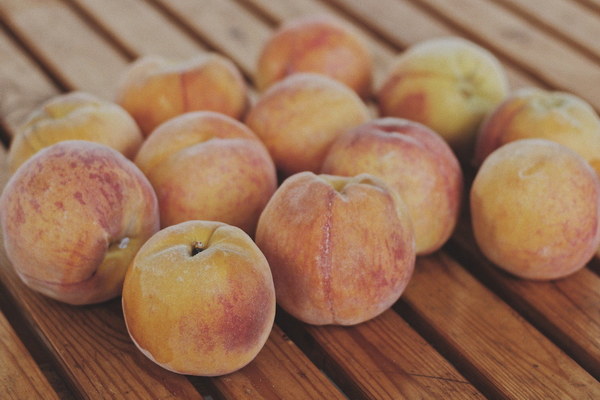
Ensure you are drinking plenty of water throughout the day. This will help maintain bowel regularity and prevent stickiness.
3. Consume More Fiber:
Incorporate high-fiber foods into your diet to aid in digestion and prevent sticky stools. Foods such as fruits, vegetables, whole grains, and legumes can help regulate bowel movements.
4. Consult a Healthcare Professional:
If sticky stools persist or cause discomfort, it's essential to consult a healthcare professional. They can provide personalized advice and determine if the diuretic tea is causing the issue or if there's another underlying health concern.
Conclusion:
Experiencing sticky stools after drinking diuretic tea can be concerning, but it is not necessarily a cause for alarm. The reasons behind this phenomenon may vary from individual to individual. By adjusting the dosage, staying hydrated, consuming more fiber, and consulting a healthcare professional if necessary, you can manage sticky stools and continue to enjoy the benefits of diuretic tea.

